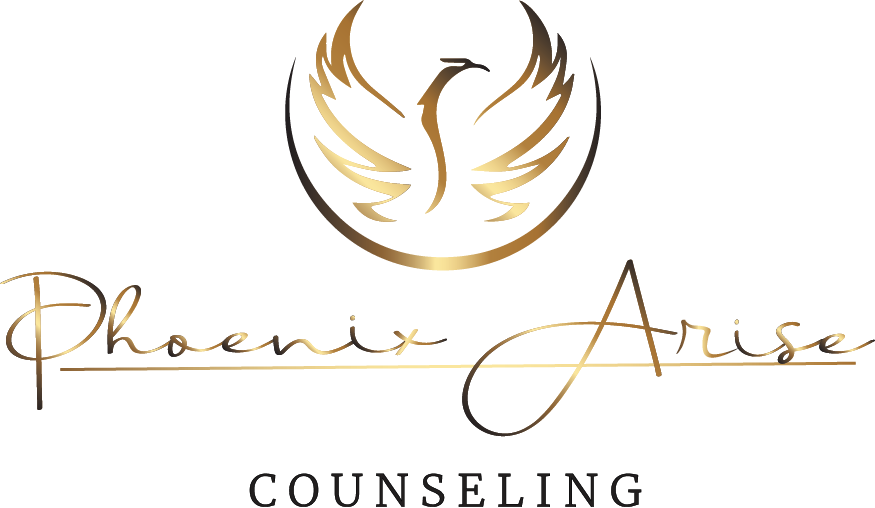The Fourth of July is a time for celebration, fireworks, and gathering with loved ones to commemorate the independence of the United States. However, for many individuals who have experienced trauma, this holiday can be challenging due to potential triggers related to loud noises, crowds, and memories associated with traumatic events. Managing trauma triggers during this time requires understanding, self-awareness, and a commitment to self-care. In this blog post, we will explore some practical strategies to help you navigate the Fourth of July and prioritize your well-being.
Acknowledge and Validate Your Feelings:
First and foremost, it’s crucial to acknowledge and validate your emotions surrounding the Fourth of July. Understand that it is okay to feel anxious, fearful, or overwhelmed. Recognize that your reactions are valid and a natural response to past traumatic experiences. Allow yourself to feel these emotions without judgment and remind yourself that you are not alone.
Create a Supportive Environment:
Surrounding yourself with a supportive environment can significantly impact your ability to manage trauma triggers during the Fourth of July. Communicate with your loved ones about your concerns and needs. Let them know what triggers you may encounter and discuss potential strategies to ensure a safe and enjoyable experience for everyone. Having a support system that understands and respects your boundaries can make a world of difference.
Plan Ahead:
Planning ahead can help minimize potential triggers and create a sense of control over your environment. Consider researching local events to find quieter, less crowded alternatives to traditional fireworks displays. If loud noises are a significant trigger, explore noise-canceling headphones or earmuffs to dampen the impact of fireworks sounds. Additionally, having an exit strategy or a quiet space where you can retreat if needed can provide a sense of security.
Practice Grounding Techniques:
When confronted with trauma triggers, grounding techniques can help anchor you to the present moment and alleviate anxiety or distress. Deep breathing exercises, mindfulness meditation, and focusing on your senses (such as feeling the texture of an object or listening to soothing music) can help you remain grounded and centered. Find techniques that work best for you and practice them regularly leading up to the Fourth of July.
Engage in Self-Care Activities:
Prioritize self-care leading up to and during the Fourth of July. Engage in activities that promote relaxation and well-being, such as taking walks in nature, practicing yoga, journaling, or spending time with supportive friends and family. Engaging in activities that bring you joy and help you unwind can help reduce stress and manage triggers more effectively.
Seek Professional Support:
If you find that managing trauma triggers during the Fourth of July becomes overwhelming or begins to significantly impact your daily life, seeking professional support is essential. Therapists and counselors who specialize in trauma can provide guidance, coping strategies, and a safe space to process your emotions. Remember, reaching out for help is a sign of strength and self-care.
Managing trauma triggers during the Fourth of July requires self-awareness, preparation, and self-care. Remember that your feelings are valid, and prioritizing your well-being is crucial. By acknowledging your triggers, planning ahead, and engaging in self-care activities, you can navigate this holiday with greater ease and find moments of joy and peace amidst the celebrations. Always remember that healing is a journey, and with time and support, you can overcome the challenges associated with trauma triggers during holidays like the Fourth of July.
If you find yourself looking for support, don’t hesitate to reach out. We currently have several clinicians with immediate availability. Call our office at 806-712-5225, or send us an email at admin@phoenixarisecounseling.com for more info on scheduling/availability!



